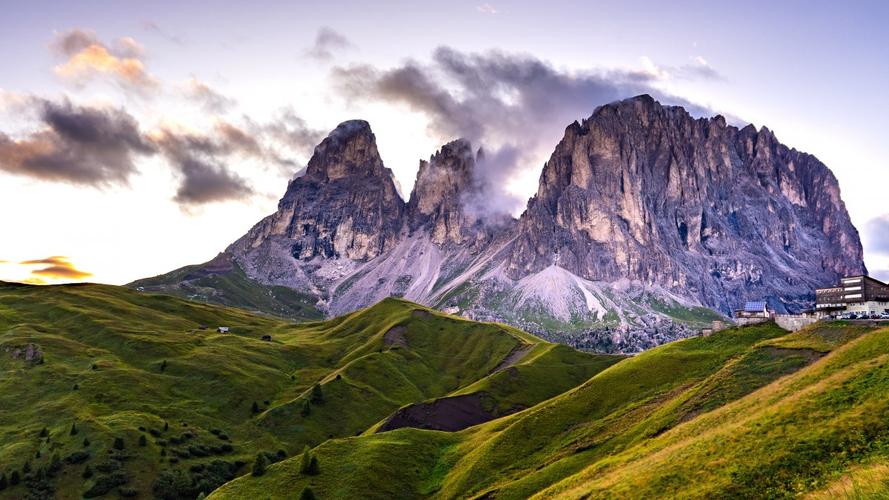The Surprising Origins of Popular Culture: Exploring Its Roots Through History
Popular culture has become an integral part of our daily lives. From movies and music to fashion and slang, it shapes the way we think, behave, and interact with each other. But have you ever wondered how it all began? In this article, we’ll explore the surprising origins of popular culture and how it has evolved through history.
The Birth of Popular Culture
The concept of popular culture started in the early 19th century during the Industrial Revolution. The rise of mass production allowed for the creation of affordable goods and services, which in turn led to a growing consumer culture. This newfound consumerism fueled the popularity of mass media, such as newspapers, magazines, and radio, which enabled people to access information and entertainment on a large scale.
At the same time, migration and urbanization created new social and cultural environments that gave birth to new forms of art, music, and literature. Jazz, for example, emerged from the African American community in New Orleans and became a symbol of the Roaring Twenties. Similarly, comic books gained popularity during the Depression era as a form of escapism and entertainment for the masses.
The Pop Culture Boom
The post-World War II era brought about significant changes in popular culture. The introduction of television in the 1950s transformed the way people consumed media, with shows like “I Love Lucy” and “The Honeymooners” becoming instant classics. The rise of rock and roll as a global phenomenon paved the way for new genres of music, such as hip-hop and electronic dance music.
The 1960s saw a cultural revolution that challenged traditional norms and values, giving rise to counterculture movements like the hippies and the civil rights movement. Popular culture reflected this shift, with underground comics, psychedelic music, and avant-garde cinema gaining popularity. The 1970s and 80s brought about significant changes in fashion, with disco and punk rock influencing styles that still remain relevant today.
The Evolution of Popular Culture
In today’s digital age, popular culture has evolved yet again. The internet and social media have empowered individuals to create and share their own content, leading to the rise of viral memes, online influencers, and user-generated content. The music industry has undergone significant changes due to streaming services like Spotify and Apple Music, which have transformed how we access and consume music.
Moreover, popular culture has become more diverse and inclusive, with representation of different races, ethnicities, genders, and sexual orientations. Movies like “Black Panther” and “Crazy Rich Asians” have shattered box office records and challenged Hollywood’s traditional notions of diversity. Similarly, movements like #MeToo and Black Lives Matter have pushed for more accountability and social justice in popular culture.
Conclusion
Popular culture is constantly evolving and adapting to changes in society and technology. From its humble beginnings in the 19th century to its current status as a global phenomenon, popular culture has become an intricate part of our lives. Understanding its roots and evolution can help us appreciate its impact on our society and the way we interact with each other. As we move forward into the future, popular culture will undoubtedly continue to shape and reflect the world around us.
(Note: Do you have knowledge or insights to share? Unlock new opportunities and expand your reach by joining our authors team. Click Registration to join us and share your expertise with our readers.)
Speech tips:
Please note that any statements involving politics will not be approved.
